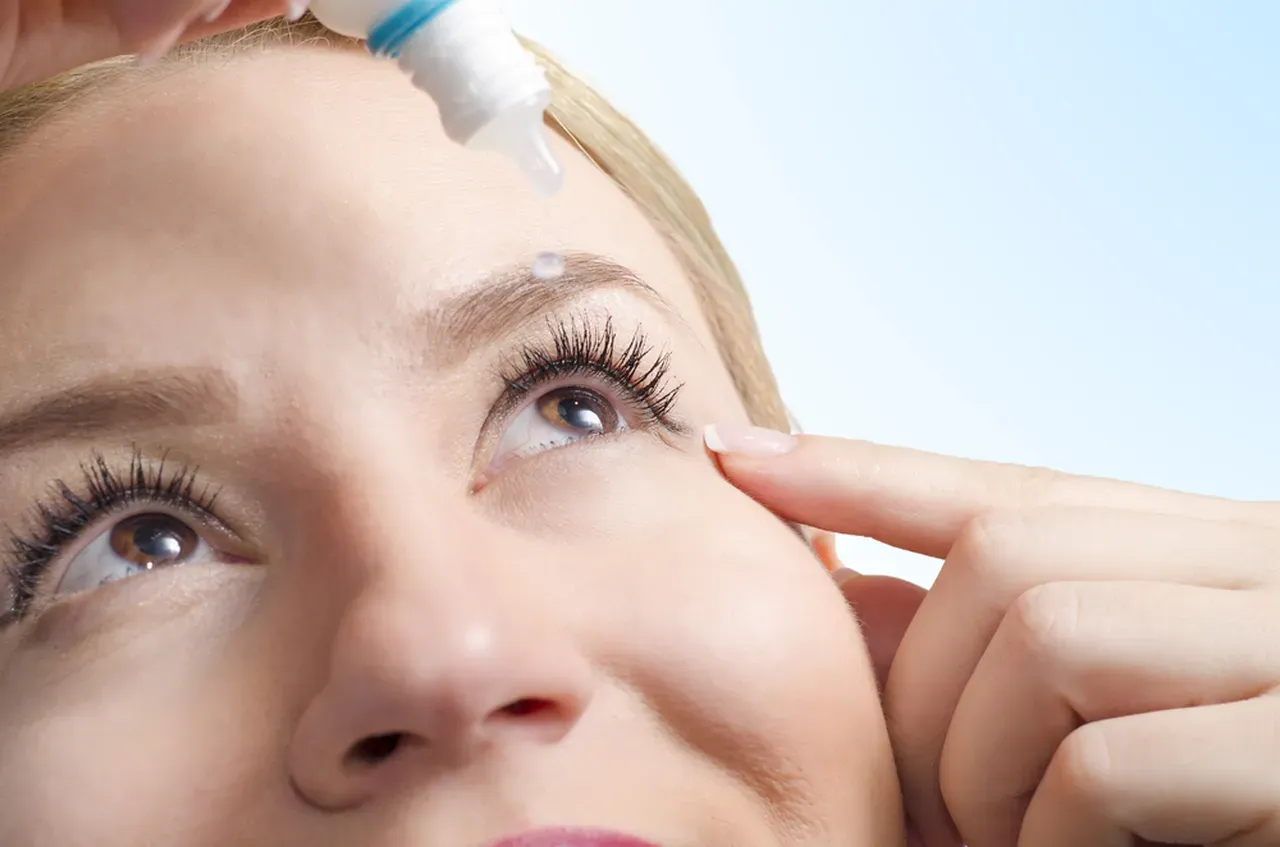Here in New York City, the warm summer season is drawing to a close. You may welcome the upcoming shift in weather if you can’t wait to break out your sweaters and jackets, but if you have dry eye syndrome, you may also be dreading the cool, crisp air that’s heading your way.
It’s not surprising that dry eye is often initially diagnosed in the late fall or winter: Even a mild case of eye redness, burning, irritation can become noticeably worse when the moist, humid air of summer and early fall gradually gives way to cold winter wind and dry indoor heat.
Dry eye specialist Dr. Markiel Yakubov and our team at Elite Eye Care offer a full scope of dry eye treatment services, ranging from prescription eye drops and medication to punctal plugs and lifestyle modifications.
Read on to learn more about the causes and effects of chronic dry eye, and find out what you can do to attain long-lasting relief.
Basic facts about dry eye
Every year in the United States, millions of people develop dry eye, a chronic ocular condition that occurs when the surface of your eyes isn’t sufficiently lubricated and nourished. It causes a gritty, irritating sensation that triggers chronic redness and may leave you feeling as though there’s always something in your eyes. Other common dry eye symptoms include:
- Persistent stinging or burning
- Frequent eye pain; tired eyes
- Episodes of excessive dryness
- Episodes of excessive tearing
- Blurred vision; eye discharge
Dry eye is usually a result of one of the following:
Low tear quantity
Dry eye can occur when the glands in and around your eyelids don’t produce enough tears. Tear production often declines with age, but certain medical conditions and medications can also make it decrease. Living in a windy or dry environment can further reduce tear quantity and worsen dry eye by making your tears evaporate more quickly than normal.

Poor tear quality
Dry eye can also happen when the quality of your tears isn’t good enough to keep your eyes sufficiently moist. Normal, high-quality tears consist of three layers (oil, water, mucus), each of which plays a key role in nourishing and protecting the surface of your eyes.
The mucin layer spreads tears evenly over the surface of the eye, while the oil layer keeps the water layer from evaporating. If there are imbalances within these layers, your tears may not cover your ocular surface evenly, or they may evaporate too quickly.
Why did I develop dry eye?
Anyone can develop dry eye, but there are certain risk factors that make the condition more likely. Common causes or contributing factors to dry eye development include:
Advanced age
Older adults are more prone to the condition because tear production typically declines with age. In fact, if you’re over the age of 50, dry eye may simply be a byproduct of getting older.
Female gender
Women are more vulnerable to dry eye than men, especially when estrogen levels fluctuate. The hormonal changes that occur during pregnancy and menopause have both been linked to dry eye.
Early AMD
Early-stage ADM doesn’t cause symptoms or vision loss. It’s diagnosed during an eye exam by the presence of significant drusen deposits (protein beneath the retina).
Medication use
Persistent dry eye is a frequent side effect of some medicines, including antihistamines and decongestants to treat seasonal allergies, as well as certain medications for depression and high blood pressure.
Chronic illness
Certain health problems — including diabetes, thyroid disease, and autoimmune disorders like rheumatoid arthritis, Sjogren’s syndrome, and lupus — are also strongly associated with dry eye.
Lack of blinking
Watching a computer, tablet, or smartphone screen often leads to less blinking and insufficient eye lubrication. Repeated frequently, this common activity can easily lay the foundation for dry eye development.
Laser eye surgery
After refractive eye surgery such as LASIK, your eyes may produce fewer tears. While this is usually a temporary side effect, you should consult Dr. Yakubov if you’re uncomfortable or concerned.
Dry air exposure
Spending an extended amount of time in windy, arid, or smoky environments can make your tears evaporate faster and lead to dry eye.
How can I get dry eye relief?
Dry eye treatment doesn’t simply exist to provide relief — it also aims to protect your ocular health. Left untreated, the problem can worsen, damaging the surface of your eye and causing vision problems.
After a comprehensive eye examination to determine the nature and severity of your dry eye problem, Dr. Yakubov may prescribe eye drops that either supplement or help stimulate your natural tear production. He may also recommend:
- Eyelid massages
- Warm compresses
- Mild eyelid cleansers
- Anti-inflammatory drops
- Dissolving punctal plugs
- Lifestyle changes
Whether you suspect you have dry eye, or your current dry eye treatment plan isn’t working as well as you’d like, our team at Elite Eye Care can help. Call or click online to schedule a visit at your nearest New York City location today: We have one office in Brooklyn, and four offices throughout the Bronx.
